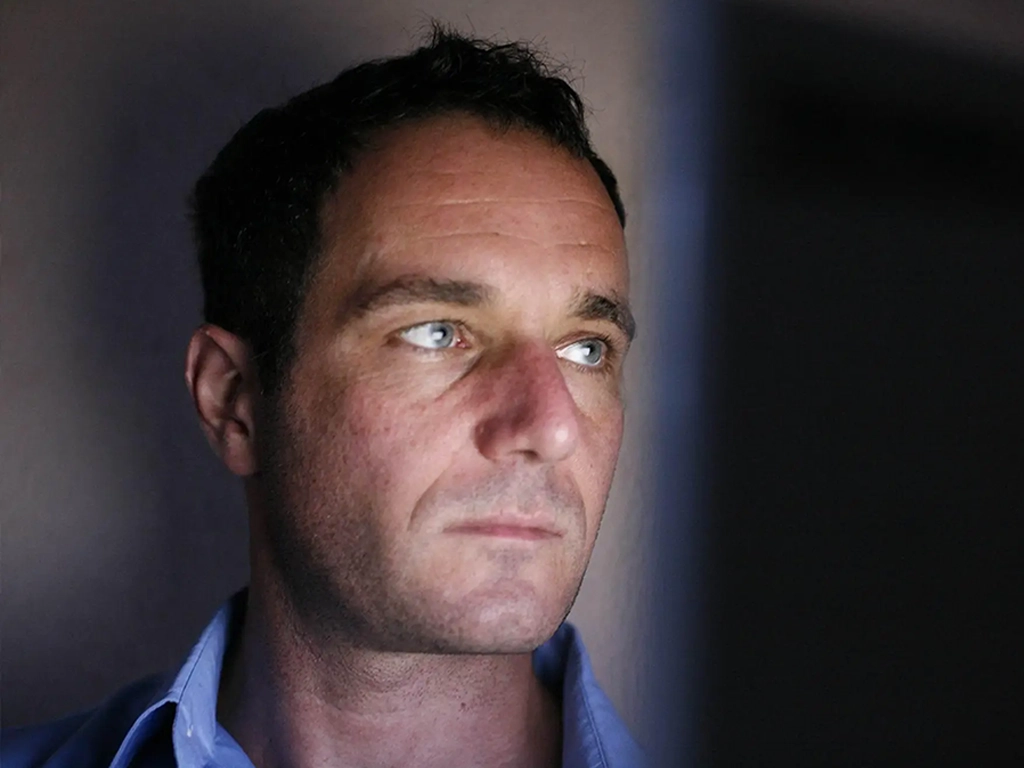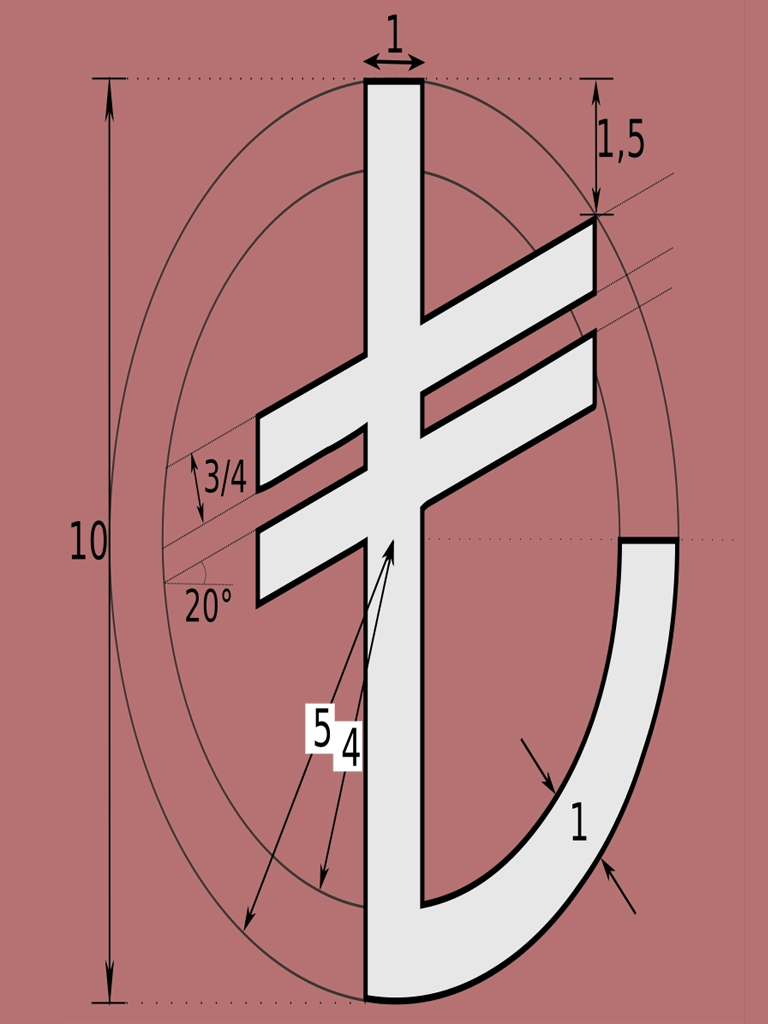Professor Christian Parenti on Odd Lots Podcast: Industrial Policy and the Forgotten Side of Alexander Hamilton
Alexander Hamilton is widely recognized for shaping the federal government, but he was also an early champion of state-directed industrial policy. As the U.S. revives domestic manufacturing, revisiting his vision offers valuable economic insights.

